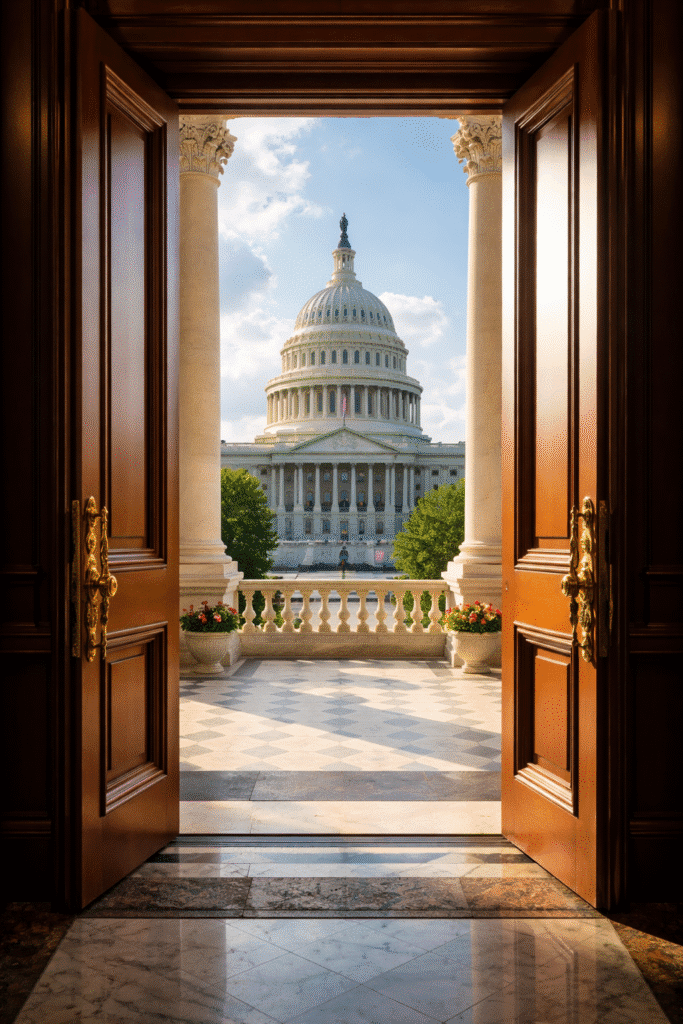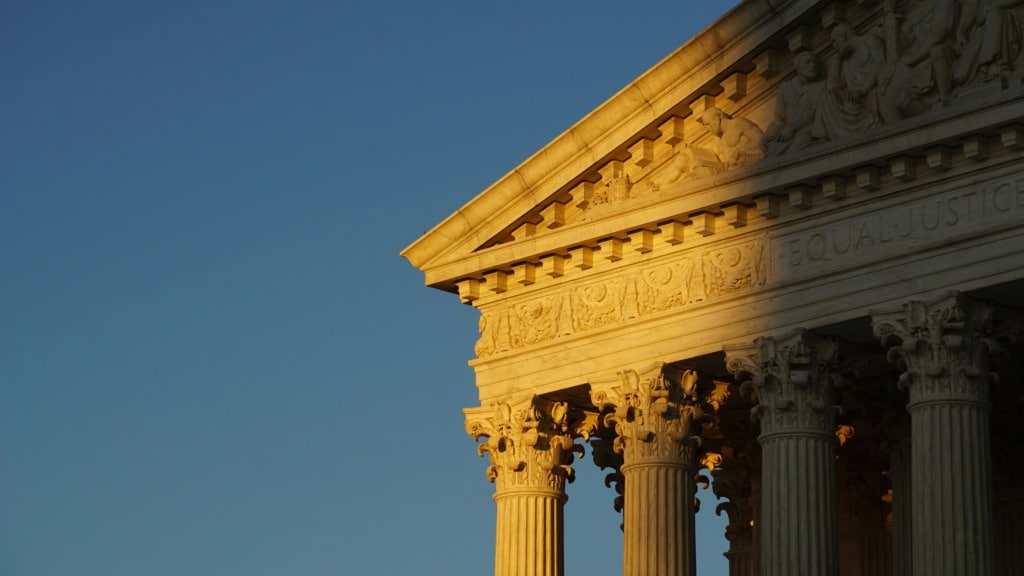Personal Jurisdiction in Federal Antitrust Litigation Post-Fuld: In re Diisocyanates Litigation
Last year, in Fuld v. Palestine Liberation Organization, the Supreme Court held that the due process limits of personal jurisdiction under the Fifth Amendment differ from those under the Fourteenth. As Maggie Gardner has noted, the Court didn’t say much about what those limits might be—meaning that the lower federal courts will now take on…
Continue ReadingEnforcement of Arbitral Awards against Russia for Expropriation of Property in Crimea
The D.C. Circuit recently cleared the way for the enforcement of foreign arbitral awards against Russia for the expropriation of electricity and gas infrastructure in Crimea. Russia argued in the case, Stabil v. Russian Federation, that there was no jurisdiction because the arbitration exception to the Foreign Sovereign Immunities Act (FSIA) did not apply and…
Continue ReadingEnterprise-Wide Contracts as a Basis for Personal Jurisdiction Over Foreign Parent Companies
A couple of weeks ago, I wrote about a case in which certain enterprise-wide contracts executed by a (U.S.) corporate plaintiff figured in the analysis of legislative jurisdiction. Today, I want to focus on VMware LLC v. Siemens AG, a case in which certain enterprise-wide contracts executed by a (foreign) corporate defendant figure in the…
Continue ReadingProduct Use Restrictions as a Bar to Personal Jurisdiction
Exploding lithium battery cases against Samsung SDI Company, a South Korean defendant, have raised interesting personal jurisdiction issues. Litigants have not always done a good job of advancing the strongest factual and legal arguments, as a recent decision from the Fifth Circuit, Ethridge v. Samsung, makes clear. The cases, including B.D. by & through Myers…
Continue ReadingThe Many Uses of the Choice-of-Law Clause
In prior posts, I have written about the things that a forum selection clause can and cannot do. In this post, I do the same for choice-of-law clauses. Among other things, a choice-of-law clause may be invoked to: Select a law to govern the contract and claims related to the contract; Provide support for the…
Continue ReadingLegislative Control of Personal Jurisdiction—An Opening Door
As every first-year law student learns in Civil Procedure, the Supreme Court constitutionalized the law of personal jurisdiction in Pennoyer v. Neff (1878), holding that the Due Process Clause of the Fourteenth Amendment limits the jurisdiction that state courts may exercise. Legislatures still have roles to play. States enact long-arm statutes to reach non-resident defendants,…
Continue ReadingSDNY Grapples with Fuld
In Fuld v. Palestine Liberation Organization, as we have previously covered, the Supreme Court held that the due process limits on personal jurisdiction under the Fifth Amendment differ from those of the Fourteenth Amendment. But the Court did not spell out what the personal jurisdiction analysis should be under the Fifth Amendment, other than stating…
Continue ReadingNew Essay on the Future of Fuld v. PLO
I have expanded on my prior TLB posts on Fuld v. PLO, including a series of posts I wrote last summer critiquing the originalist case for unlimited personal jurisdiction under the Fifth Amendment, in a new essay that is forthcoming in the Yale Law Journal Forum and is now available on SSRN. In this new…
Continue ReadingNinth Circuit Reverses Personal Jurisdiction Decision in Lufthansa Case
Last year, I expressed doubt over the Northern District of California’s dismissal for lack of personal jurisdiction of a suit brought by California residents regarding their alleged mistreatment when checking in for their Lufthansa flight in Saudi Arabia. The Ninth Circuit recently reversed that decision in Doe v. Deutsche Lufthansa Aktiengesellschaft, holding that that the…
Continue ReadingD.C. Circuit Allows Venezuela Expropriation Case to Proceed
On October 3, 2025, the D.C. Circuit issued its latest opinion in Helmerich & Payne International Drilling Co. v. Venezuela. Judge Gregory G. Katsas affirmed the district court’s rulings that the Foreign Sovereign Immunities Act’s (FSIA) expropriation exception allows the plaintiff’s claim, that the district court has personal jurisdiction, and that the act of state…
Continue Reading







